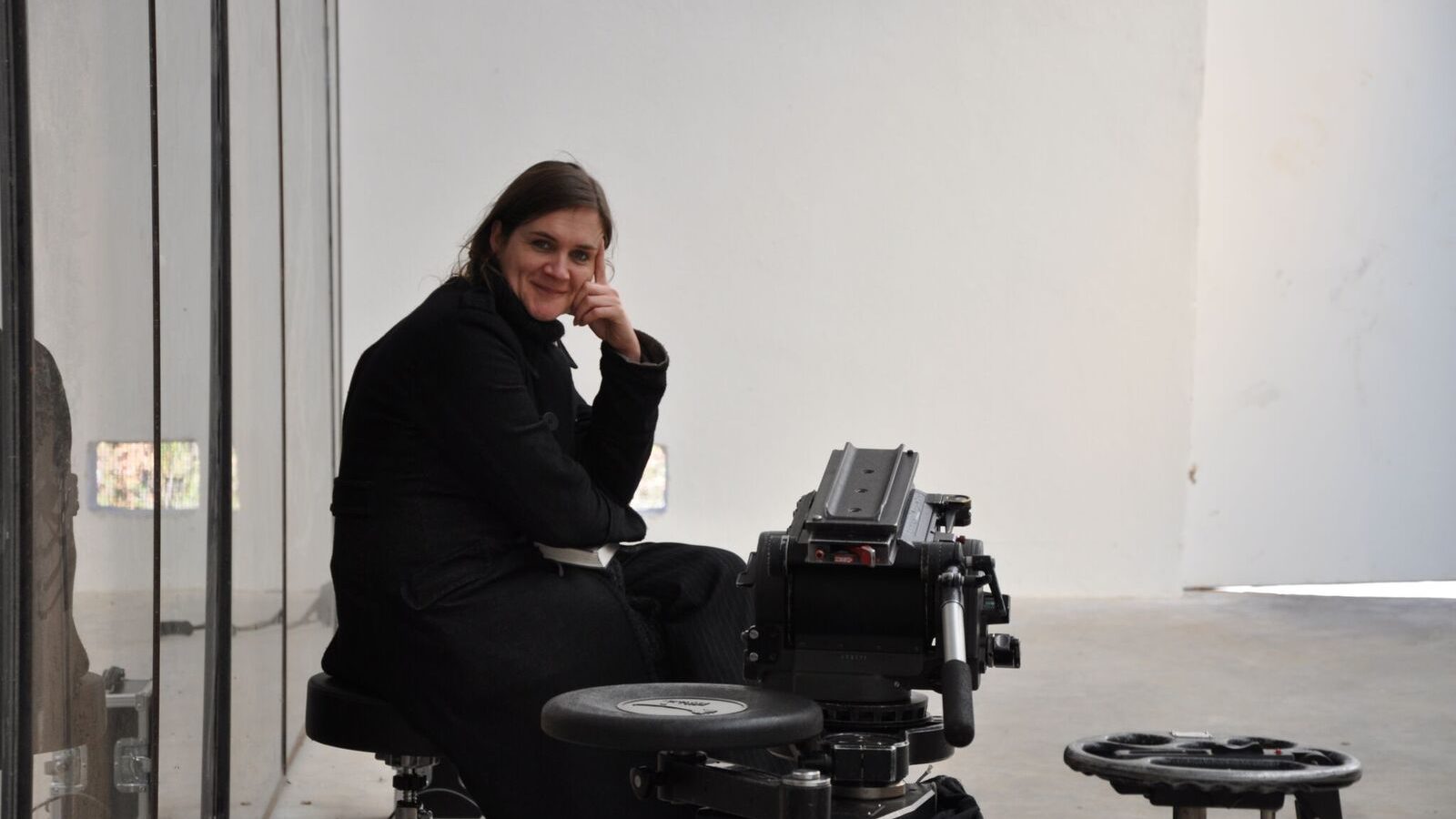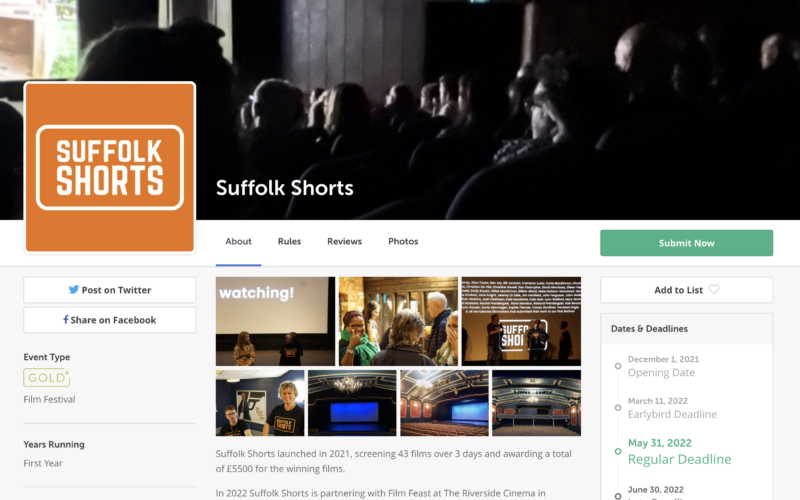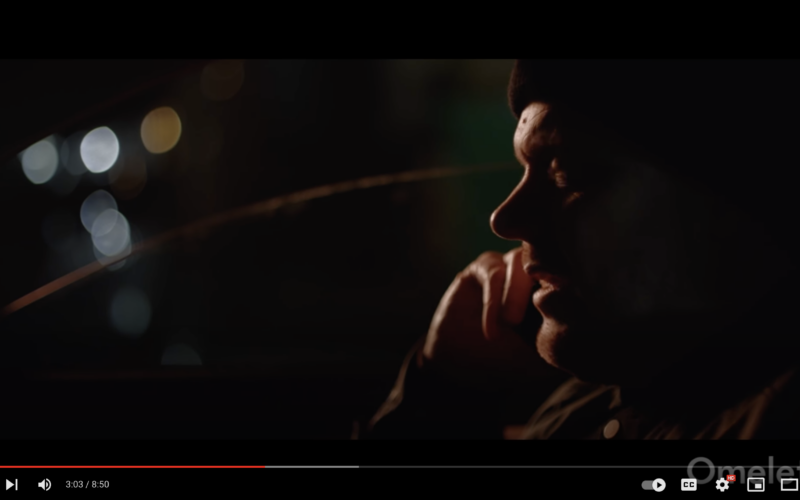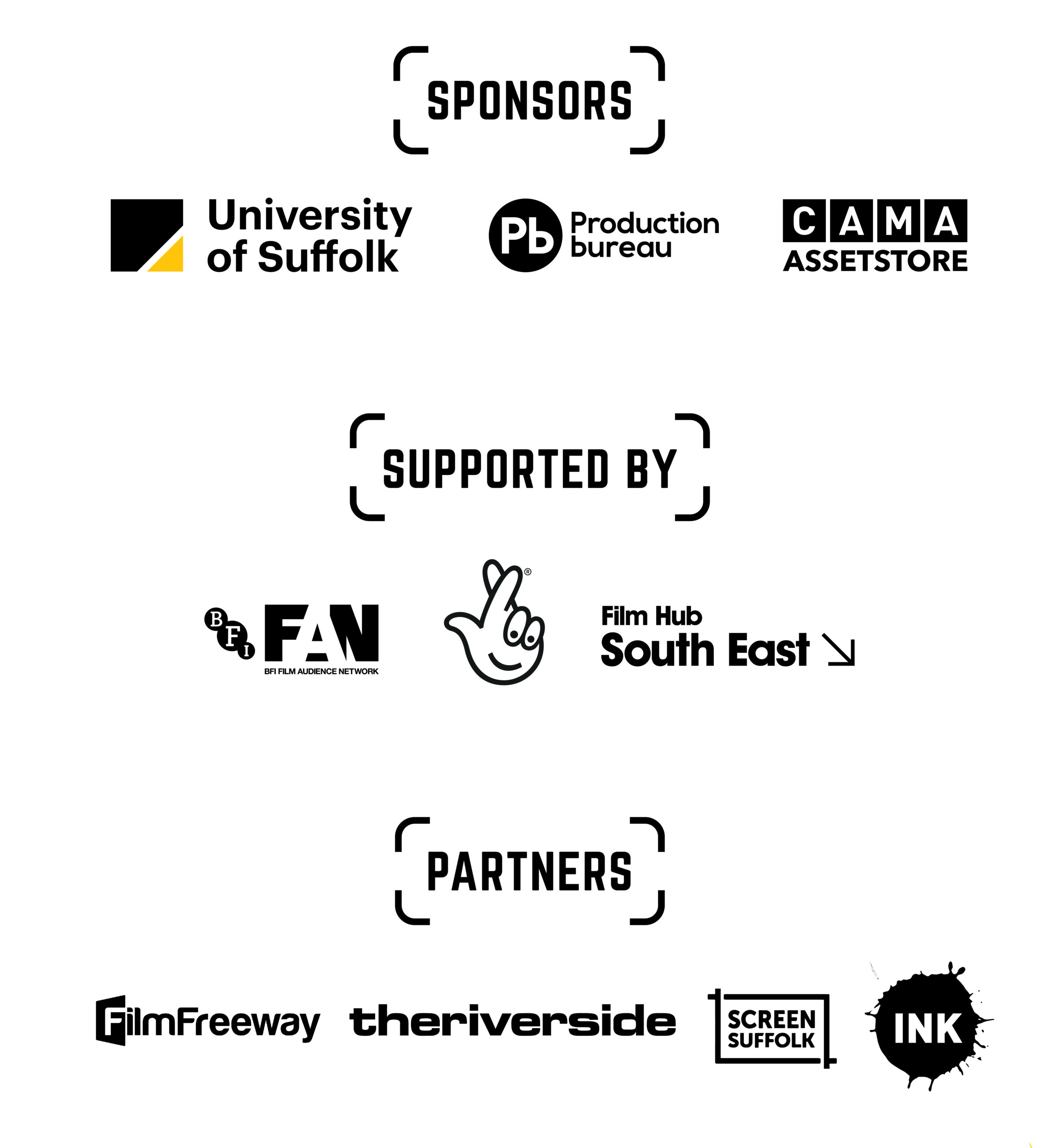Sophie Fiennes: ‘Storytelling is at the heart of filmmaking’
Acclaimed documentary director and Suffolk Shorts judge Sophie Fiennes talks about her filmmaking process
Interview by Hebe Dobson-Mouawad
Suffolk born Fiennes is a master documentarian. Her films portray the truth of her subjects, be that the iconic Grace Jones or artist Anselm Kiefer. Fiennes says she’s always responding to the subject and trying to unearth what makes them engaging.
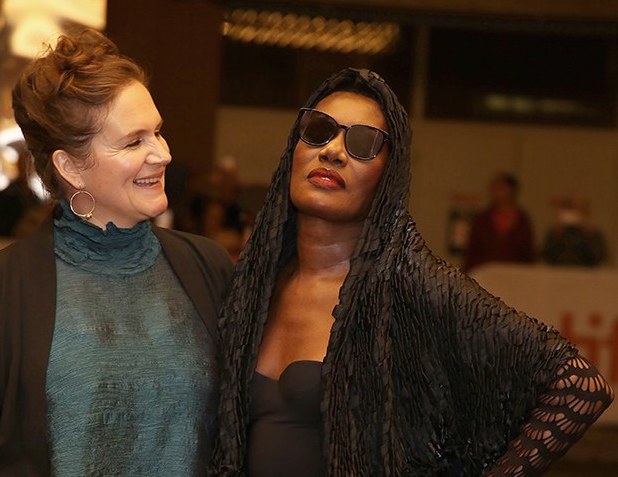
Fiennes believes that documentaries are at their strongest when they work to the truth of their immediate subject. Although there are many different forms of documentary, having an engagement and a curiosity with the world is always vital. Currently teaching at UCL Open City Docs, Fiennes relishes seeing her students exploring the form.
Whilst Fiennes likes working with the observational form, she always responds to her subject. Her films with Slavoj Žižek are polemic, very intensely crafted lines of ideas. She had to take a different approach to her film with artist Anselm Kiefer, due to his visual work.
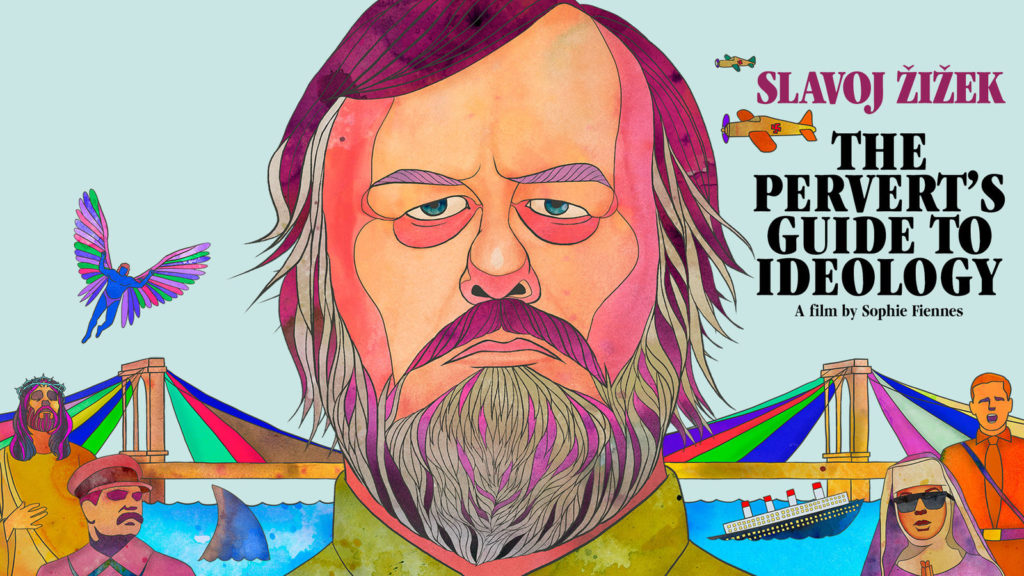
On Filmmaking
Fiennes states that filmmaking incorporates many different components. A filmmaker must learn to harness these elements. Fiennes believes that having a humble attitude to the world is important. A filmmaker ought to have a curiosity and an intent to explore something that has its own kind of truth. Above all, you have to be a good storyteller.
‘It’s a very complex layering of different disciplines.’
Learning how to be flexible is also crucial. Fiennes says that you have to be open to the fact that a lot is not in your control. She advises up-and-coming documentary filmmakers not to over analyse when things take an unexpected turn. It’s in the edit when you decide how to shape your story.
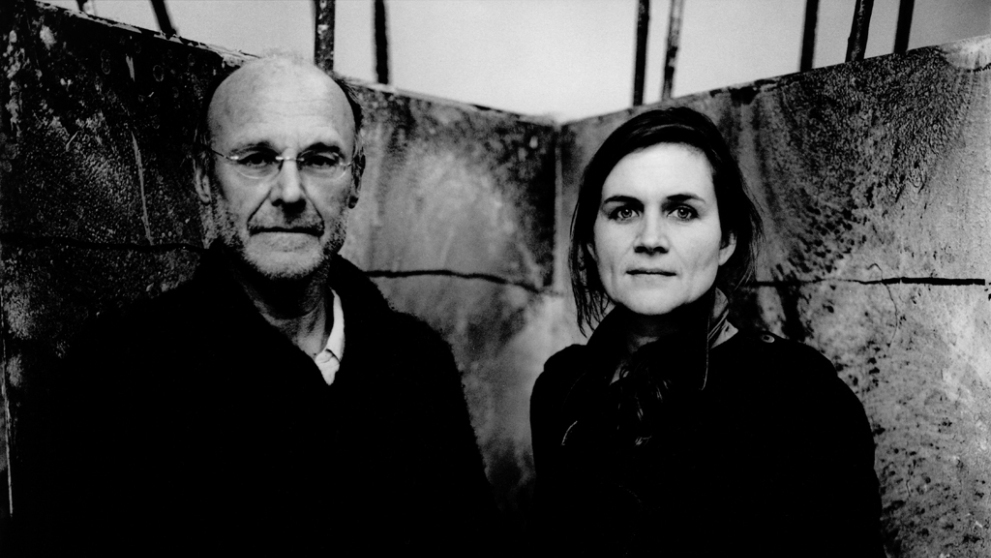
On Inspiration
Fiennes states that the film that made her feel the power of the documentary form was Frederick Wiseman’s Titicut Follies. Released in 1967, the film exposed the conditions at a Massachusetts hospital for the criminally insane.
‘Titicut Follies was the first film I saw that really affected me.’
A Tip for Future Filmmakers
Never have the tools needed to make your own documentary short been more available. Fiennes suggests that budding documentary filmmakers download DaVinci Resolve software for free, as it does everything you need.
